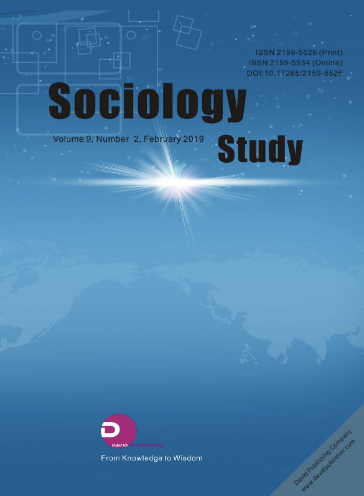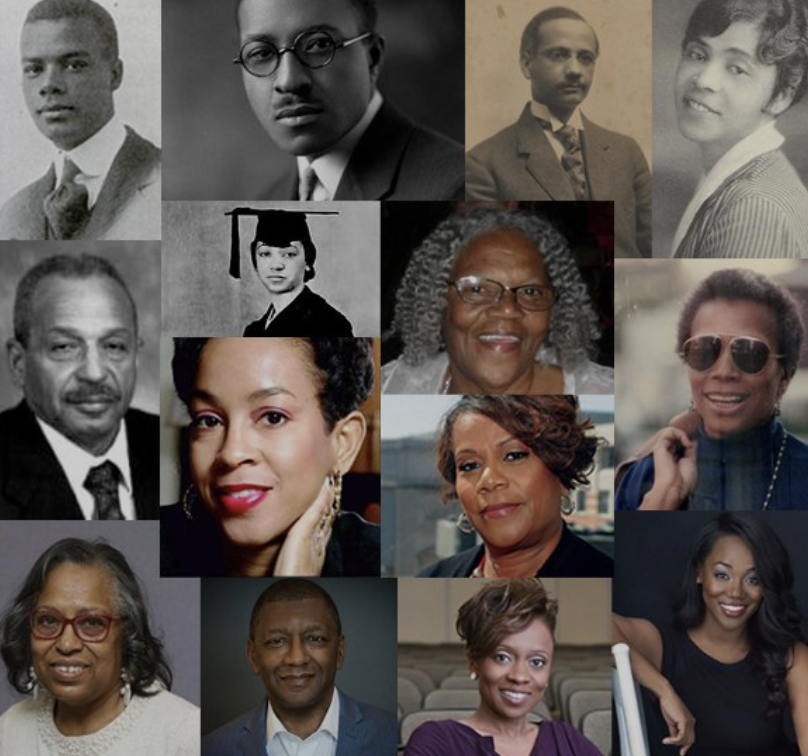Research
When ‘Good intentions’ Backfire: A Case for Non-Transracial Legal Guardianship Rather Than Adoption and Why Transracial Adoptions Are Not Trauma Informed
Abstract. What are the consequences or impacts of transracial adoptions where the adopters are in the United States adopting either in the United States (domestic) or internationally (inter-country)? Findings from this study suggest that transracial adoptions have caused and continue to cause adoptees significant trauma and distress despite healing efforts like therapy, connecting with other transracial adult adoptees, and ceasing contact with adopters, for example. This article explores the experiences of transracial adoptees, the majority of whom use three words to describe the impact of their adoptions—trauma, grief, and loss. The primary recommendation is for the abolition of transracial adoptions, whether within the United States (domestic) or international (inter-country) as they are a harmful and legal mechanism that causes family separation and loss despite incorporating trauma informed practice. Non-transracial legal guardianship is a more trauma informed approach than transracial adoption that can ensure that children are safe and living in a home that allows them to not only survive, but thrive. These recommendations can be implemented if social workers are trained to be part of the solution of mitigating harm to children, rather than being complicit by allowing transracial adoption to continue.
When Conscious Consumerism Backfires: A Critical Study on Social Exclusion, Partnerships, and White Saviorism
Abstract. Purpose: What factors influence conscious consumerism, especially related to race and gender identities? This scholarship explores three white women-led social responsibility organizations’ (SROs) aspirations to encourage conscious consumerism as well as factors that influence conscious consumerism. Design/methodology/approach: Using the Black feminist thought and sustainability development theory, the data were analyzed using a thematic analysis to explore the activation of the white savior industrial complex (WSIC) in SROs. Interviews provided in-depth knowledge of the SRO culture including, but not limited to, insight on social exclusion and partnerships. Findings: Noonday Collection, Sseko Designs, and Trades of Hope, all SROs, aspire to be dedicated to people, planet, and profit and encourage conscious consumerism as a means for their customer base and sales consultants to “do their part”, and yet, an unintended consequence of the SROs’ work is social exclusion and white saviorism. Originality: This scholarship investigates what can be done to dismantle the overreliance of conscious consumerism in an effort to finally strip white saviorism, and its role in the white savior industrial complex (WSIC), of its power.
Article forthcoming
Abstract. Forthcoming.



